Enrich your reading with these iconic pieces of women’s writing from 4th Estate.
Arundhati Roy – The God of Small Things
‘They all broke the rules. They all crossed into forbidden territory. They all tampered with the laws that lay down who should be loved, and how. And how much.’
This is the story of Rahel and Estha, twins growing up among the banana vats and peppercorns of their blind grandmother’s factory, and amid scenes of political turbulence in Kerala. Armed only with the innocence of youth, they fashion a childhood in the shade of the wreck that is their family: their lonely, lovely mother, their beloved Uncle Chacko (pickle baron, radical Marxist, bottom-pincher) and their sworn enemy, Baby Kochamma (ex-nun, incumbent grand-aunt).
Arundhati Roy’s Booker Prize-winning novel was the literary sensation of the 1990s: a story anchored to anguish but fuelled by wit and magic.
Our favourite quote: ‘It is after all so easy to shatter a story. To break a chain of thought. To ruin a fragment of a dream being carried around carefully like a piece of porcelain. To let it be, to travel with it, as Velutha did, is much the harder thing to do.’
What you said about it: ‘The best use of the English language I have ever read’
Joan Didion – The Year of Magical Thinking
From one of America’s iconic writers, a portrait of a marriage and a life – in good times and bad – that will speak to anyone who has ever loved a husband or wife or child. A stunning book of electric honesty and passion.
Several days before Christmas 2003, John Gregory Dunne and Joan Didion saw their only daughter, Quintana, fall ill. At first they thought it was flu, then pneumonia, then complete sceptic shock. She was put into an induced coma and placed on life support. Days later – the night before New Year’s Eve –the Dunnes were just sitting down to dinner after visiting the hospital when John suffered a massive and fatal coronary. In a second, this close, symbiotic partnership of 40 years was over. Four weeks later, their daughter pulled through. Two months after that, arriving at LA airport, she collapsed and underwent six hours of brain surgery at UCLA Medical Centre to relieve a massive hematoma.
This powerful book is Didion’s ‘attempt to make sense of the weeks and then months that cut loose any fixed idea I ever had about death, about illness … about marriage and children and memory … about the shallowness of sanity, about life itself’. The result is an exploration of an intensely personal yet universal experience: a portrait of a marriage, and a life, in good times and bad.
Our favourite quote: ‘Read, learn, work it up, go to the literature. Information is control.’
What you said about it: ‘I was absolutely hooked from start to finish’
Lorna Sage – Moments of Truth – Twelve Twentieth-Century Writers
Accessible, jargon-free, and with her characteristic clear intelligence, Lorna Sage looks at the ways in which pre-war women writers, some famous, some less well known, invented themselves as authors in the face of the rigid conceptions of feminine creativity which prevailed at the time.
Edith Wharton, Virginia Woolf, Katherine Mansfield, Jean Rhys, Christina Stead, Djuna Barnes, Violet Trefusis, Jane Bowles, Simone de Beauvoir, Christine Brooke-Rose, Iris Murdoch, Angela Carter.
Moments of Truth demonstrates Lorna Sage’s characteristic clear intelligence and sheer versatility as a writer, bringing together introductions to much-loved 20th-century classics, fiercely intelligent essays and insightful, free-thinking journalism. A mixture of close reading with a breathtaking sensitivity to nuances, and fascinating biographical exploration, Moments of Truth sends you back to discover or rediscover these twelve writers.
Our favourite quote: ‘More and more I lived in books, they were my comfort, refuge, addiction, compensation for the humiliations that attended contact with the world outside.’
What you said about it: ‘An outstanding collection of literary essays and appreciations’
Dorris Lessing – The Golden Notebook
The landmark novel of the Sixties – a powerful account of a woman searching for her personal, political and professional identity while facing rejection and betrayal.
In 1950s London, novelist Anna Wulf struggles with writer’s block. Divorced with a young child, and fearful of going mad, Anna records her experiences in four coloured notebooks: black for her writing life, red for political views, yellow for emotions, blue for everyday events. But it is a fifth notebook – the golden notebook – that finally pulls these wayward strands of her life together.
Widely regarded as Doris Lessing’s masterpiece and one of the greatest novels of the twentieth century, The Golden Notebook is wry and perceptive, bold and indispensable.
Our favourite quote: ‘How boring these emotions are that we’re caught in and can’t get free of, no matter how much we want to…’
What you said about it: ‘A masterpiece’
Looking to kick-start your feminist reading? We’ve got you covered.
Find out more about WOM4N, a month wide celebration of women’s writing at 4th Estate.
What do you hope is different for the women in your family in 50 years’ time? Elizabeth Church answers.
Subscribe to the 4th Estate podcast.
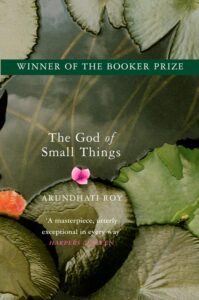
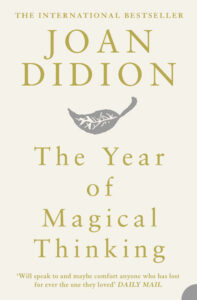
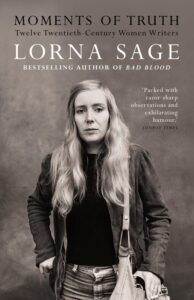
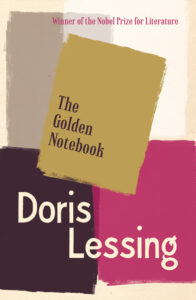


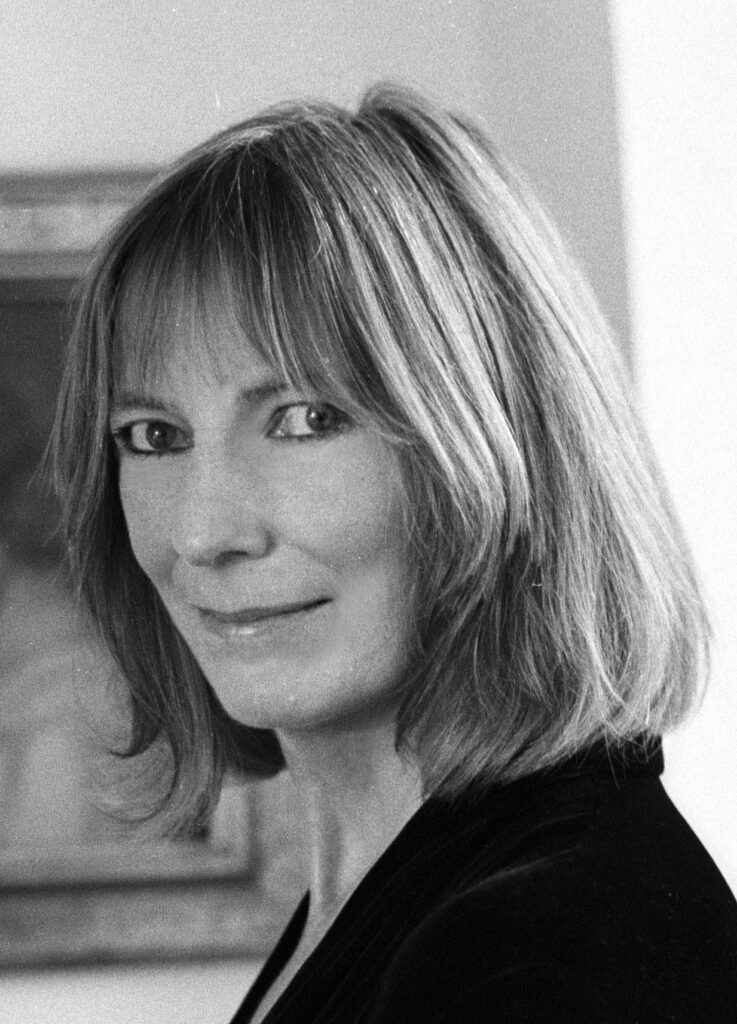
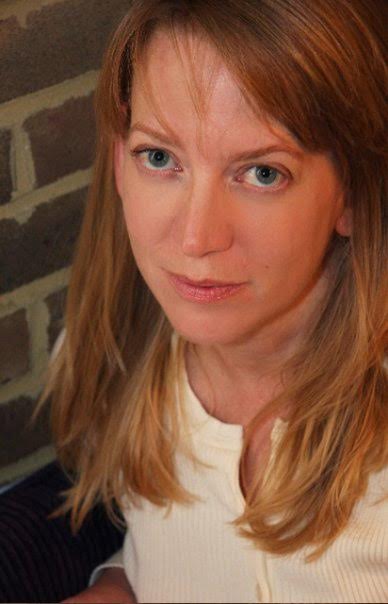
4thestatebooks